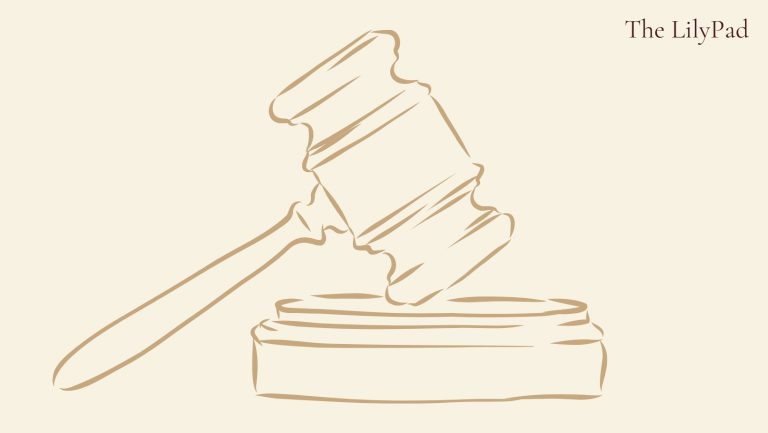Student governance is not a foreign topic to university students. The constant wish for smoother communication between administration and students is an omnipresent feeling no matter which university you attend.
The case for a DKU student government
In a relatively new and small community like DKU, many students feel a student government (or association, or union, or council — whichever name you want to call it) is necessary in order to support a more comfortable student experience.
DKU is no stranger to student ‘petitions’ of sorts. When Phase II of campus was freshly opened and every new dorm building was filled with students for the first time in fall 2023, a plethora of issues quickly arose regarding the living conditions. Centralized temperature control, shared bathrooms, kitchens and refrigerators, and less than soundproof walls during designated ‘quiet hours’ quickly became weekly, if not daily, topics of conversation in student discussions, both on and offline.
Petitions became a popular way for students to advocate for the changes they wanted to see. However, without the backing of any official university body, many of the issues raised by these petitions never came to light and eventually fizzled out. On the other hand, some were successfully addressed, but with a significant gap in time between the call and the action – for example, the opening of the swimming pool, which took about one semester to come to fruition.
The wider consensus seems to be that many students feel a lack of communication between administration and student body, with one student calling the current situation ‘chaotic’. In a bout of passion one instance in fall 2023, online discussions of the issue among international students reached a height at the proposal to hold elections for this proposed student body in January, 2024, however this was never fulfilled. Another student stressed that according to our Student Handbook, a Student Government is theoretically possible and permitted. This is true — section 3.01 of the most recent DKU Student Handbook states:
“All students shall have the right to organize or participate in a self-governing student organization and a students’ association in accordance with the law and the University’s rules
Office of Student Conduct
All students shall have the right to be informed of the developments of the University and other material issues related to their personal interest and to provide comments and suggestions to the affairs of the University
All students shall have the right to raise objections or file a grievance in relation to matters such as academic awards, discipline, and other matters that significantly affect their interests”.
These three clauses would work in strong defense to students arguing in favor of the implementation of a student government.
The debate is further egged on by the existence of other student bodies on campuses in the area. The Chinese Communist Youth League (党支部), which acts as a student organization and political recruitment program, has a strong presence in many Chinese college campuses including DKU. In the next city over, New York University’s Shanghai campus also has a student body they call their ‘Student Government’. According to the NYUSH website, their team consists of directors for events, student organizations, student life and residence, and a team of four class representatives, among others.
The case against
However, DKU students as a whole are divided on the idea of student governance. While some believe it would indeed foster the much-needed communication between students and administration, others have reservations about the social implications and legalities of such a body.
In online discussions about the issue, those in opposition of the idea explained that previous attempts to instate such a student body have failed, greatly due to administrators feeling it is not necessary when students have the ability to individually contact university offices should they have a question or problem. This seems to be the overwhelming feeling among administrators who would be in charge of validating the implementation of a student government, as one student says they have been told that its inception has been “in progress” since three years ago in 2021.
Other students say they would not support giving power to a small group of students to speak on behalf of the student body or influence decisions because they would not feel comfortable putting this level of trust into other students. This is in addition to uncertainties regarding the feasibility of student organization in China and to what extent a student body would even be able to exercise power within the institution.
In truth, the existence of a student government does not guarantee a swift transition to smoother communication and magically granted student wishes. In order to truly make any noticeable impacts, student governments often suffer the task of navigating through institute bureaucracy. This would become easier if they were able to foster strong relationships with university administrations, but of course this is difficult when your organization is born out of discontent for said administration.
Jury’s Verdict
In an atmosphere of uncertainty and students being divided between those who prefer optimism and realists who suggest we do not waste time on a body who would not see much success anyways, it is unlikely for now that DKU will see the implementation of a student government any time soon. This does not mean, however, that no one should try. Given the backing of the Student Handbook and the existence of other student-governed bodies, the ability of a student government to enhance smoother communication between students and administration seems worth taking the leap forwards towards its inception.

